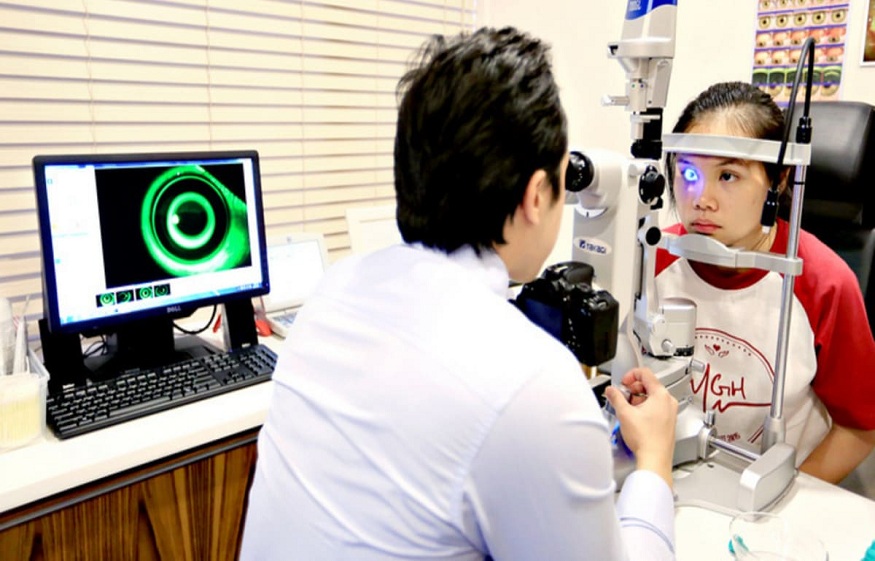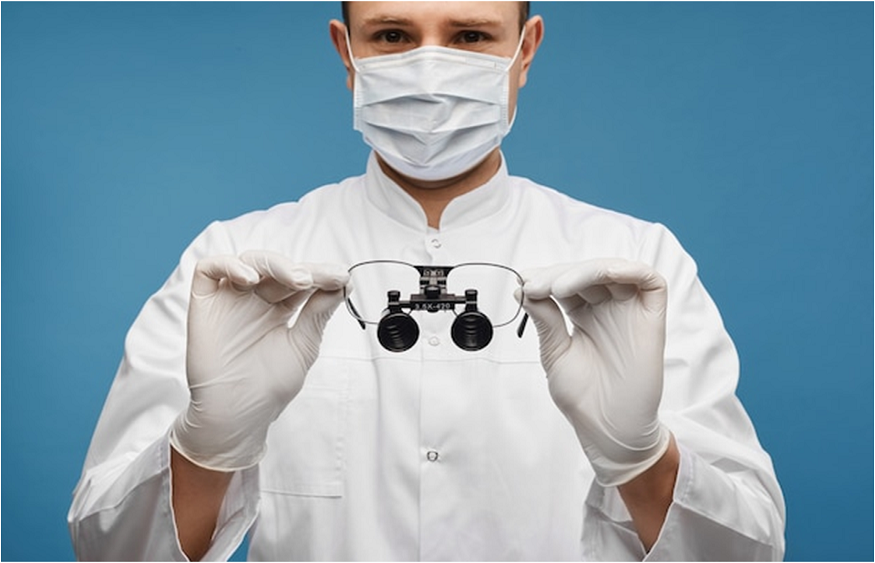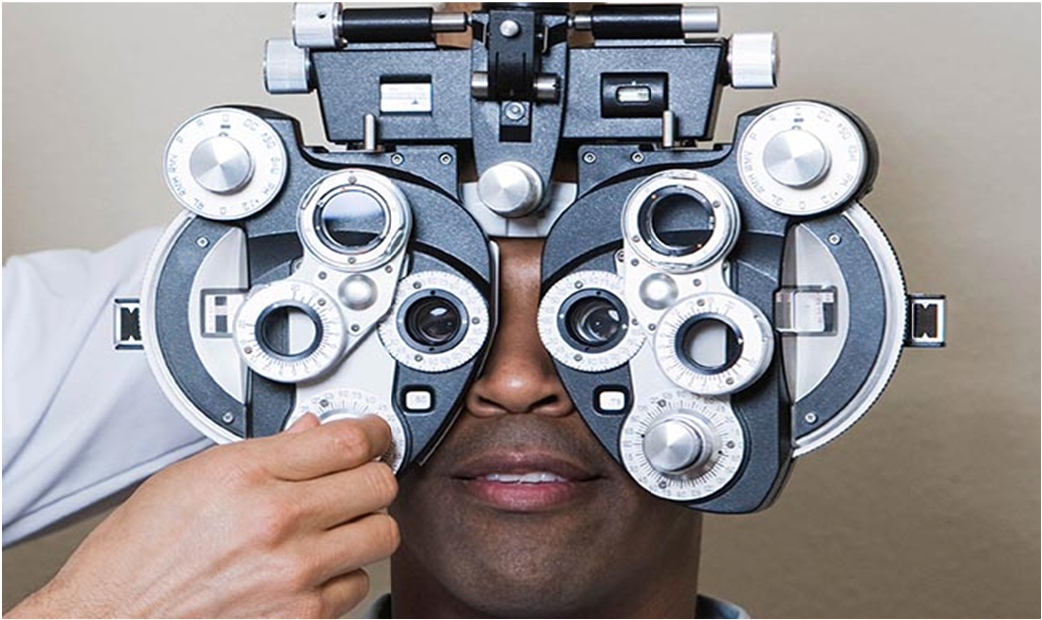COSTS OF ORTHOKERATOLOGY IN 2022: PRICES AND INSURANCE INFORMATION
Suppose you consider orthokeratology in Singapore as an alternative to glasses, daily contact lenses, or surgery to improve your visual acuity. In that case, you should be aware that it is not a cheap solution. Orthokeratology, unlike glasses and contact lenses, is not considered medically required. Because it is elective or cosmetic, your vision or health insurance is unlikely to cover the expense.
While your insurance may not cover it, a health savings account may help offset some costs. Unfortunately, because orthokeratology is not recognised as medically required, no free options or financial aid is available.
What Will Orthokeratology Cost in 2022?
Orthokeratology, like other types of vision treatments, has a pricing range. The total cost is determined by where you reside, your doctor’s experience, whether you choose a doctor with a private practice, your insurance, and the number of pairs of fitted lenses you wish or require.
As of July 2021, the average cost of a first orthokeratology (or Ortho-K) consultation is between $1,000 and $4,000. This includes an eye exam, lens fitting, and some follow-up care.
If you have a higher level of refractive error to be repaired, your cost will rise. Why? Because it implies that you will require more than one fitting lens (or more than one pair of fitted lenses).
Contact lenses for both eyes should cost between $1,000 and $2,000 for those with low degrees of refractive error. Higher levels of refractive error can cost $4,000 or more.
The retainer lenses cost between $300 and $500, and you will need to have regular eye exams and change your hard contact lenses multiple times to keep your vision corrected.
The second year and all subsequent years of Ortho-K use cost around $650. This covers the price of a follow-up exam.
Corneal topography measurements have been updated.
Lenses that have been upgraded or replaced
Current lenses must be removed.
Additional lenses cost around $150 each ($300 for a pair).
Does Insurance cover orthokeratology?
Orthokeratology treatments are not covered by normal vision or health insurance because they are considered elective procedures. On the other hand, orthokeratology and follow-up eye exams may be covered by connected health savings accounts. You can use the following sorts of health savings plans:
FSA (flexible spending account) Medical spending account (HSA Section 125 Flex 125)
Tax-saving strategy
Cafeteria strategy
In most situations, these are employer-sponsored benefits, but if you self-pay for vision or health insurance, these firms may offer a plan into which you can pay and receive reimbursement.
As tax season approaches, you can apply for orthokeratology treatments using your tax refund. You might be able to work out a payment plan with the ophthalmology organisation, or you could raise funds yourself by putting money aside, starting a crowdfunding campaign, or using a credit card and paying off the balance over time.
Is there financial assistance for eye treatments such as orthokeratology?
The National Eye Institute (NEI) offers free eye exams, glasses, and even contact lenses and financial assistance for these fundamental eye care services. However, complementary therapy is not provided for elective operations, including orthokeratology, LASIK, or other choices.
Because these are significant disorders that can lead to blindness, surgeries and nonsurgical eye maintenance, such as cataract or glaucoma treatments, are provided for free, at a low cost, or with government aid. Because treating refractive problems with more extensive therapies than glasses or daily wear of contact lenses is not considered a public health hazard, no programmes exist to pay for these options.
However, suppose you have an orthokeratology operation and encounter significant side effects due to inadequate cleanliness or working with an unskilled ophthalmologist who did not properly fit your contact lenses. In that case, you may be entitled to financial assistance to manage your care. The easiest method to prevent this issue is to look for the best ophthalmologists in your area who are familiar with the ortho-K procedure.



